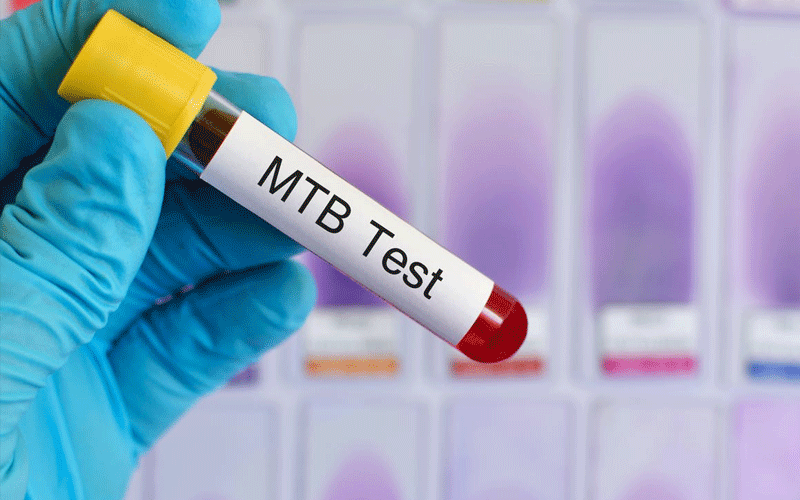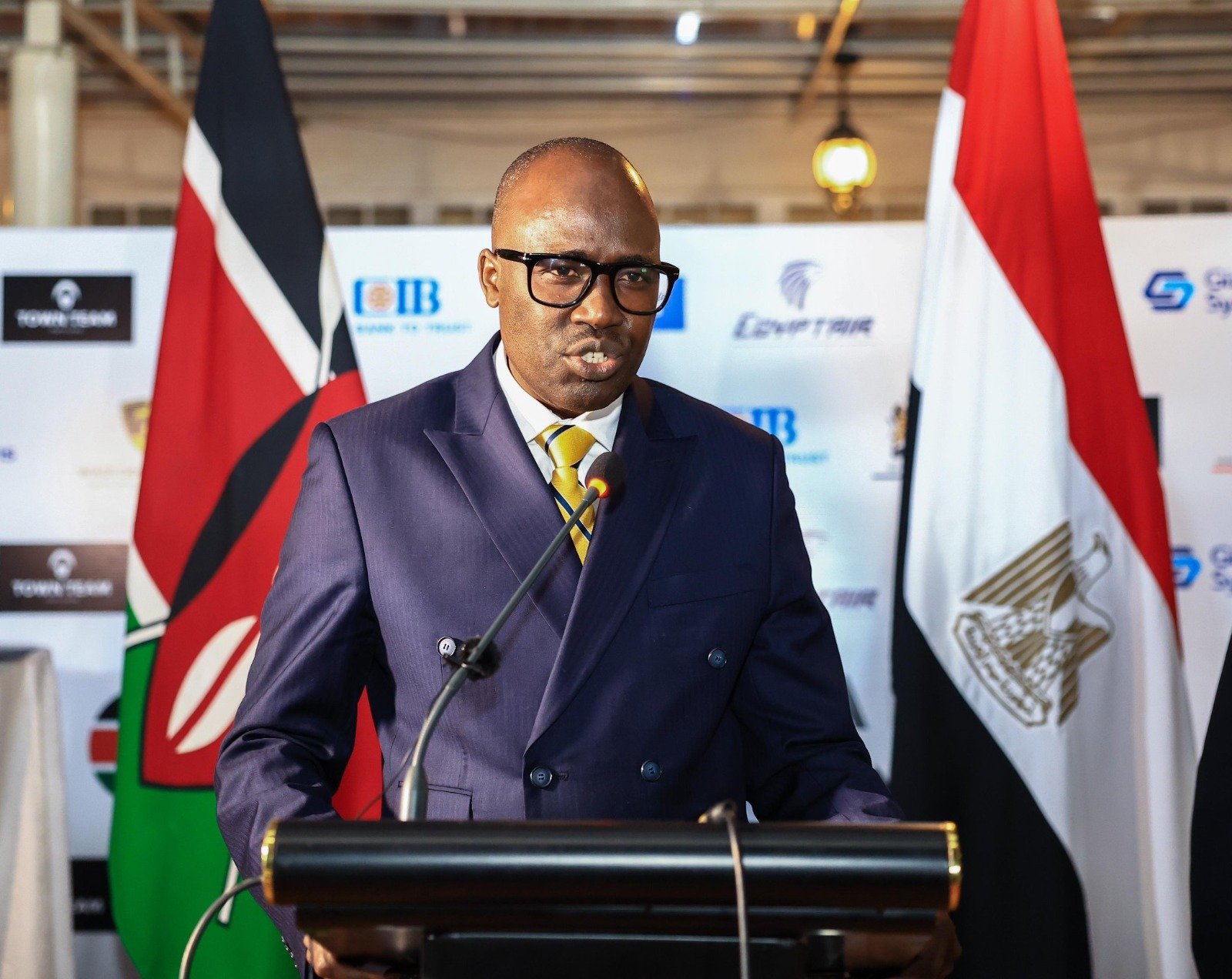New pill to replace agonising six-month, daily TB treatment

George Kebaso @Morarak
Tuberculosis patients have a reason to smile following the roll out of a pill that replaces the painstaking six-month treatment routine, which involves a daily injection.
Experts championing against the disease have lauded the roll out, saying it is good news for people at high risk, as they will get access to a weekly pill that prevents TB bacteria from developing into a contagious case.
The STOP TB Partnership – Kenya Chief National Coordinator, Evaline Kibuchi, yesterday said the preventive therapy comes as a major jab and hopes to end the contagious disease in Kenya.
“What is the space for TB prevention in the future fight against the disease?” she posed and called on the government to invest more in TB prevention as the world races against time, to eradicate the disease by 2030.
“It is, therefore paramount that the government invests in TB prevention as a major boost towards achieving the country’s and global goal of ending it by 2030,” she added.
The three-month preventive treatment, administered through an Aurum Institute programme, will replace a daily routine that is already widely used in Kenya, Ethiopia, Ghana, Mozambique and Zimbabwe.
“It will also reduce chances of persons living with HIV getting infected with TB or from the infection progressing.
There is a close relationship between TB and HIV. Whereas HIV is known to fuel TB infection and disease, lower immunity in HIV, hastens progression to full-blown TB disease,” Kibuchi said.
The new treatment, called 3HP, combines antibiotics, rifapentine and isoniazid into one pill, which Kibuchi believes will encourage more people to stick to the therapy and help contain the disease. The 3HP is also available as two pills.
Health measures
She said with the help of the ongoing public health measures against Covid-19; adherence to medication and investment of more resources into fighting the disease, the country may start to witness reduced TB infections.
“The silver lining in Covid-19 response has been the enactment of preventive measures through laws that are also beneficial to TB response. There is a likelihood that these interventions will result in reduced new TB infections.
“If these measures are sustained, we will only be left with preventing TB from progressing to full-blown disease,” she added.
Though TB is both preventable and treatable, it is one of the top 10 causes of death globally.
Kibuchi described TB Preventive Therapy as the ultimate breakthrough in preventing the disease, which in 2019, saw about 32,000-related deaths.
An estimated 140,000 people fell ill, at least 12 per cent of whom were children below 15 years. In 2019, tuberculosis death rate for Kenya was 37 cases per 100,000 people.
Tuberculosis death rate of Kenya fell gradually from 41 cases per 100,000 people in 2000 to 37 cases per 100,000 people in 2019.
Tuberculosis is the fourth leading killer among communicable diseases globally claiming close to 4,000 lives a day.
The World Health Organisation reported that in 2019 alone, approximately 10 million people fell ill with TB. Of these, up to 1.4 million people died, including about 205,000 children.
For decades, there was only one option for TB prevention, which was through the use of a drug called Isoniazid that is taken for a minimum of between six and nine months.
With enhanced investment in Research and Development there has been a breakthrough in improving TB prevention by the introduction of newer drug treatment routines, she said.
Peter Ng’ola, an experienced end-TB advocate welcomed the new TB Prevention Therapy, saying it had worked well with People Living With Aids.










